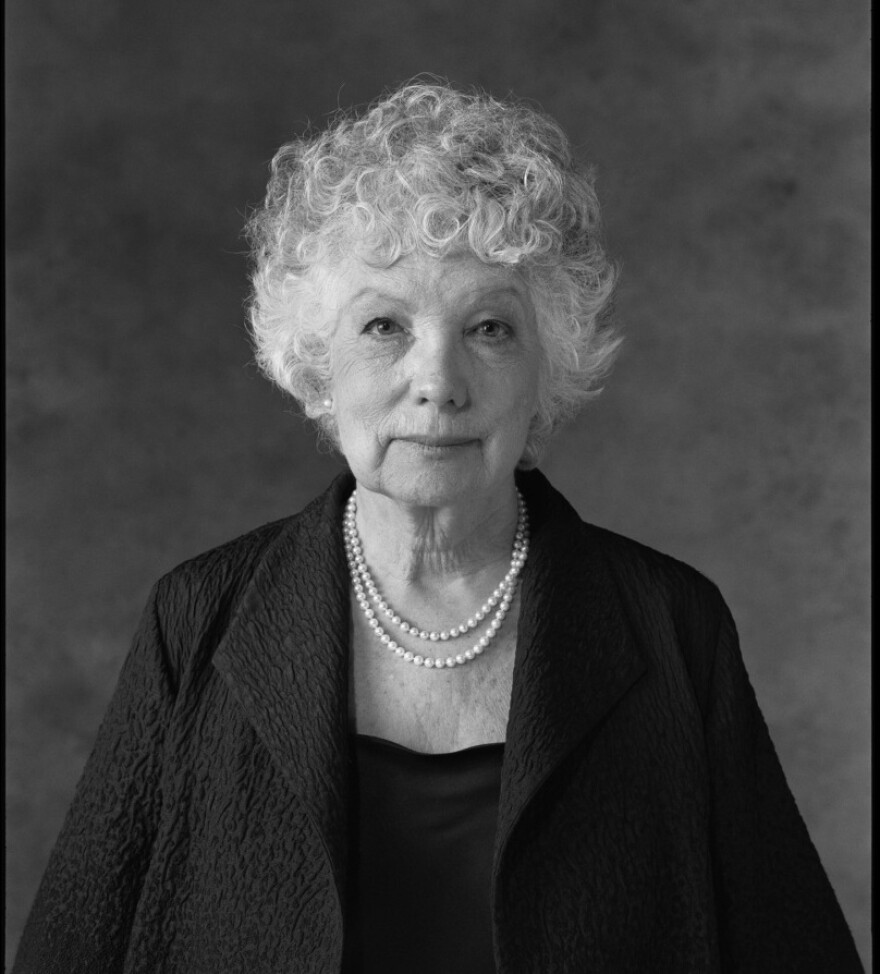Like a dog who circles again and again around the same spot before finally lying down in it, Anne Roiphe's newest book, Art and Madness: A Memoir of Love Without Reason, threatens to do the same. The achronological, time-stamped life she presents us with includes much of what we're used to in memoirs of mid-century debauchery: Key parties, happenings, "testosterone poisoning," sex with George Plimpton. The bottomless tumblers; the never-ashed cigarettes. She writes though for women and children, the casualties of the so-called genius that these props adorned, while at the same time summoning her own expired awe: "I wondered how women married men who did not want to be writers, men who would be ordinary...What were those women doing with their lives?"
While still a student at Sarah Lawrence, she meets Jack, a supposedly brilliant, verifiably alcoholic playwright, who "was not meant for ordinary tasks of mortal days." Her impulse to "save him," determined after their very first drink, is obviously doomed. He describes himself as a logical positivist; she describes him, decades later, as a "snake charmer." They fall in love, travel to Europe, have a baby ("the child"), and settle into the life of the literati on the Upper East Side. But soon, Jack begins staying out all night, getting other women to pick up his tab at Elaine's, and spiraling into maelstroms of depression when his plays get bad reviews.
Alcohol, in Roiphe's epitheting prose, "was the romantic grease of a dark story: the vampire love of my youth."
There are points in the memoir that veer into dangerous territory, points where Roiphe seems to actually be harnessing the very sort of sophomoric stupor she deems phony in others: Hollow mentions of Hegel, gratuitous references to Kierkegaard and grandiose statements about art through the ages that would make even a recent college graduate shudder. It turns out that Roiphe the enraged wife is a better writer than Roiphe the lyrical woman of letters.

With less canny marketing, Art and Madness could have easily been packaged as a polemic against alcoholism in the arts; many pages are devoted to a hard boiled examination of its disastrous affects on the families of the creatively inclined: "The alcohol consumed is meant to put out the flame but it serves instead as an accelerant." She goes into labor while her husband is on a bender; she's pained when her 16-month-old baby recognizes the smell of scotch; she remembers a drunken father promising his small child a horse. "You cannot do that," his wife states firmly. "You cannot promise her a horse." Alcohol, in Roiphe's epitheting prose, "was the romantic grease of a dark story: the vampire love of my youth."
The Roiphe of 2010 is estranged from her former self, the one preoccupied with the aporias of art-making ("It may be that to see and tell the story of human error is to dare to expose yourself to the sacred flash of truth than can drive you mad. Or are you mad to try in the first place?") She isn't tired by those old, nagging questions so much as she is now convinced of their answers. If ever a book has been redeemed by its final paragraph, it's this one: "I meet Carol Southern, long divorced from Terry, at a party on Fifth Avenue, the home of a musician and his painter wife. Carol and I look at each other. We shared memories that need not be spoken. 'Do you regret it' I say. 'No,'she says, 'I loved every minute of it. I would do it again.' She smiles her radiant and gentle smile. She is telling me the truth. I, on the other hand, would never do it again. Never."
Copyright 2023 NPR. To see more, visit https://www.npr.org. 9(MDM3NjYwMjA5MDE1MjA1MzQ1NDk1N2ZmZQ004))


